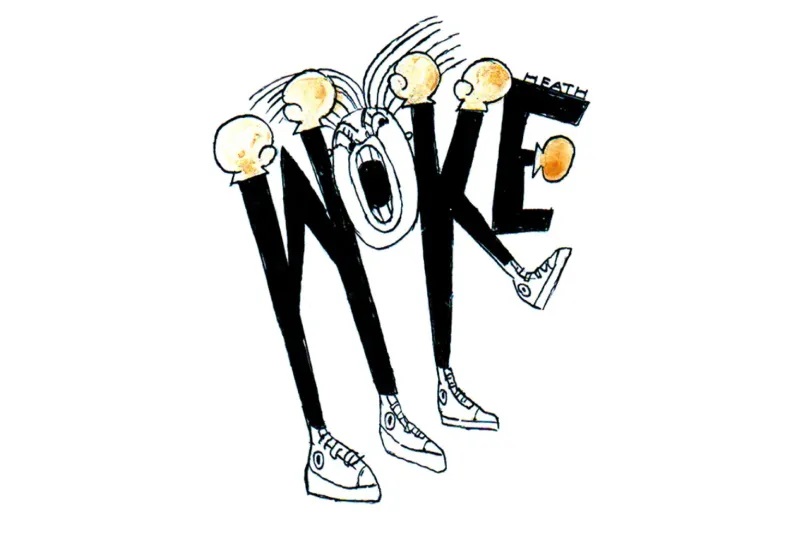Until a few weeks ago, Judy Blume’s reputation as one of the world’s most admired and respected novelists seemed assured. She has sold over 82 million copies of her twenty-five books, has won countless awards and was named one of TIME’s most influential people earlier this year.
But those whom the gods wish to destroy are asked for their views on J.K. Rowling — and so when Blume was asked as much in an interview, she replied, “I love her… I am behind her 100 percent as I watch from afar… I haven’t been in touch with her during this tough time. Probably I should.”
This went badly, as might be imagined — “Fuck Judy Blume!” became the keyboard warrior’s cry of choice — and so Blume issued a retraction almost immediately, saying, “I stand with the trans community and vehemently disagree with anyone who does not fully support equality and acceptance for LGBTQIA+ people.” The statement concluded stirringly, “Anything to the contrary is total bullshit.”
The interview in which she said that, to the UK Sunday Times, was in support of the film adaptation of perhaps her best-known novel, Are You There God? It’s Me, Margaret. Starring Rachel McAdams and produced by the ever-reliable James L. Brooks, the picture has attracted rave reviews from critics, who have described its depiction of the sixth-grade Margaret Simon exploring her religious and personal identity as she comes of age as truthful, affecting and superbly executed. Blume herself has commented that it’s better than the book, but while reviewers may agree, audiences have been relatively indifferent, at least so far.
On its opening weekend, Are You There God? It’s Me, Margaret grossed $6.8 million, behind the dreaded Super Mario Bros. Movie and the Evil Dead reboot — not a complete disaster, but hardly the stuff of a hit. (The film industry website Deadline described it as a “great upset,” and suggested that its audience fell between the older readers of Blume’s book and the younger viewers it was naturally aimed at.) Word of mouth will have to be exceptional for it to recoup even its modest $30 million budget, although it certainly will have a long afterlife on streaming services and as a perennial of home viewing.
The question is whether Blume’s comments had any impact on the film’s commercial success, in either direction. Certainly, although her retraction was trenchant, the eighty-five-year-old author gave little indication of having “misspoken” during her original interview, and said she regretted the brave new world of social media. She remarked, “it can also be said that [Rowling is] a victim of Twitter, because people believe what they read on Twitter, whatever you actually said.” While she acknowledged that she was hardly an expert on the various issues involved, she nonetheless compared the battle for free speech to that of the Eighties, “when the book banners really started.”
Blume herself has faced controversy throughout her career, albeit previously from right-wing religious sorts who have been deeply offended that her books dared to feature such taboo subjects as teenage sex, menstruation and masturbation: matters that no teenager would have ever heard about without her books, naturally. And she has dealt with attempted oppression and misunderstanding with admirable sangfroid, knowing that her writing will endure long after the small-minded forces of bigotry are forced into retreat.
“The Rowling incident,” as it must now be referred to, is unlikely to affect her career or standing in the long term. Although she has not published a novel since 2015 — the adult title In The Unlikely Event — she remains one of the most beloved writers alive today. Yet the lack of success of the Are You There God screen adaptation and this most recent controversy indicates, as if we needed further proof, that even successful and savvy authors can find themselves caught in the slipstream of popular opinion, and in this increasingly lose-lose situation, all they can do is keep quiet and hope not to outrage or offend. It is, to cite the title of one of Blume’s novels, a superfudge, and the situation shows little sign of resolving itself.

























